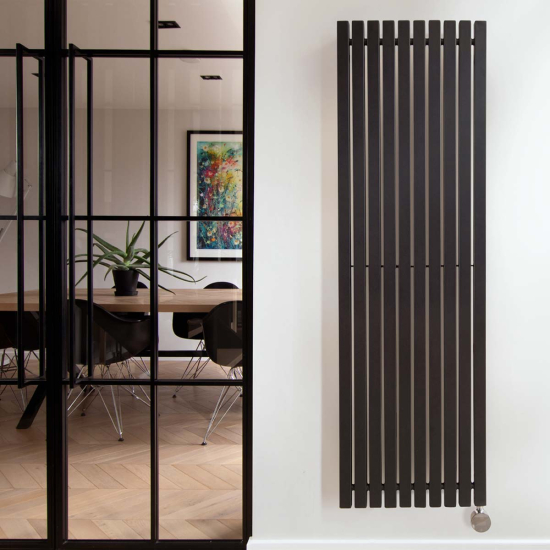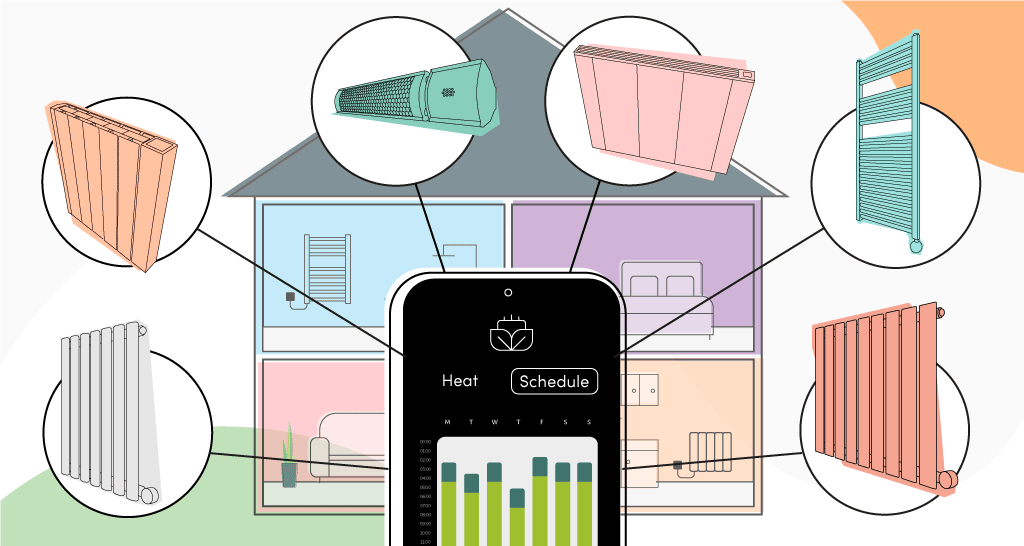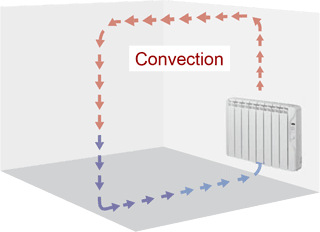Blog - Category: Electric Heating Stockist Bristol
-
The Benefits of Electric Radiators
Posted on: 03 Jan 2024. Category: Electric Heating Stockist BristolThe Benefits of Electric Radiators

Electric radiators have emerged as a modern and eco-friendly alternative to traditional heating systems. With advancements in technology, these sleek devices offer numerous benefits that cater to both environmental concerns and personal comfort. Let’s explore the advantages that make electric radiators an appealing choice for contemporary homes.
1. Energy Efficiency:
Electric radiators are highly energy-efficient, converting nearly 100% of the electricity they consume into heat. Unlike traditional heating methods that may experience heat loss through ducts or pipes, electric radiators provide a direct and efficient warmth source, contributing to lower energy bills.
2. Zoned Heating:
One notable advantage of electric radiators is the ability to implement zoned heating. With individual thermostatic controls, users can regulate the temperature in specific rooms, ensuring optimal comfort and avoiding unnecessary energy consumption in unused spaces. This level of control is a game-changer for those seeking personalized heating solutions.

3. Rapid Heat Distribution:
Electric radiators boast quick warm-up times, providing near-instant heat when needed. This feature is particularly beneficial for homes with fluctuating temperature needs or for those who prefer to maintain a consistent warmth level without waiting for the entire house to heat up.
4. No Pipework or Maintenance Hassles:
Traditional heating systems often involve complex pipework and periodic maintenance. Electric radiators eliminate these hassles, offering a plug-and-play solution. With no need for plumbing or annual maintenance, users can enjoy hassle-free heating without worrying about leaks or boiler malfunctions.

5. Space-Saving Design:
Electric radiators are available in a variety of sleek and compact designs, making them ideal for homes with limited space. Their wall-mounted options free up valuable floor space, providing a versatile solution for both small apartments and larger residences.
6. Silent Operation:
Unlike some traditional heating systems that may produce noise during operation, electric radiators operate silently. This is a significant advantage for those who value a peaceful and undisturbed living environment, especially in bedrooms or quiet study spaces.
7. Compatibility with Renewable Energy:
Electric radiators can easily integrate with renewable energy sources such as solar or wind power. This makes them a greener choice, aligning with the growing trend towards sustainable and eco-friendly living.

8. Smart Technology Integration:
Many electric radiators come equipped with smart technology, allowing users to control and monitor their heating systems remotely. This not only enhances convenience but also contributes to better energy management by enabling users to adjust settings based on their daily routines.

Conclusion:
As the world shifts towards more sustainable and energy-efficient solutions, electric radiators stand out as a reliable option for keeping homes warm. With their energy efficiency, flexibility, and modern features, these radiators offer a comfortable and environmentally conscious way to embrace the future of heating technology. At ABLECTRICS we work with the top manufacturers of electric radiators and heaters such as ECOSTRAD & ELECTRORAD.
If you would like to contact us to discuss your project, please send us an email: sales@ablectrics.com or visit our showroom to see these heaters on display. Our team have a great knowledge base on Electric Heating and would be happy to assist.
-
Electric Heating Stockist Bristol
Posted on: 11 Sep 2021. Category: Electric Heating Stockist BristolAs a leading Electric Heating System Stockist in Bristol we are often asked about the different types of Electric Heating Ssytems and their advantages and disadvantages. One of the most common questions is "What is the differnece between Electric Radiators and Electrics Heaters?"
With so much innovation in the development of new electric heating products, you can be forgiven for being somewhat exasperated by the vast array of heating choices available to you – especially if you're not sure what you need and why. But fear not – help is at hand! By the end of this short guide to electric heating, you will have all the information you need to make an informed decision.

Radiators store heat and are ideal for prolonged everyday use.

Convection heaters don't store heat and are ideal for occasional use.
Radiation and Convection
Let's keep this simple. An electric radiator radiates heat stored within a heat-retaining medium, usually thermal fluid or ceramic. Think how the sun radiates warmth; if you step into the shade and therefore out of the radiation, you feel less warmth. By contrast, an electric panel heater or "convection heater"; heats the air circulating within an enclosed area. (If you can smell the heat, you're likely experiencing convection heating. The smell exists because, just like a toaster, the panel heater's heating elements are exposed to the air, and so, burn the dust particles floating about in it.)
Confusingly...
Whilst there is a clear technical distinction between radiated and convected heat, in reality an "electric radiator" uses a combination of radiated and convected heat (it heats circulating air to some degree) and can be described as a "radiator" or "heater". Confusingly, some electric panel heaters may also be described as a radiator, where "radiator" is being used as a synonym for "heater" (much like people use "hoover" in place of the generic "vacuum cleaner").
Nevertheless, the crucial distinction is this: a heater that does not contain a heating-retaining medium, such as thermal fluid or ceramic to store heat, cannot be accurately described as a radiator.
Okay, okay, enough with the technical details already – just tell me what heater I should choose!
Well, it all depends on the room and how you intend to use it.
Everyday vs Occasional Use
The economic choice of electric radiator or electric panel heater for your room mostly comes down to deciding if the room is for everyday or occasional use.
Because electric radiators store heat, they are ideal for use as the primary source in those rooms you use every day and for prolonged periods of time (e.g. living room or bedroom). Electric panel heaters, by contrast, are ideal for those rooms used only very occasionally (e.g. guest bedroom or conservatory) and that do not require the continual heating an electric radiator would provide.
In terms of upfront and running costs, electric radiators are cheaper to run but cost more upfront, whereas electric panel heaters are cheaper upfront but cost more to run. This is because electric panel heaters don't store heat, and so continually draw upon the power supply whilst they heat the air. By contrast, electric radiators require power only whilst they are heating up the storage medium.
Summary
The difference between electric radiators and electric panel heaters is this:
- Electric Radiators store heat and are ideal for prolonged everyday use
- Electric Panel Heaters don't store heat and are ideal for occasional use
If you're using a room almost continually, it makes sense that the heat is radiated from a store and that you get the most use of the heat you've paid to collect there; whereas if you use a room only very occasionally, you want to heat the room only whilst you're occupying it, and you don't want to pay to collect heat to be radiated into the room long after you've left it.



